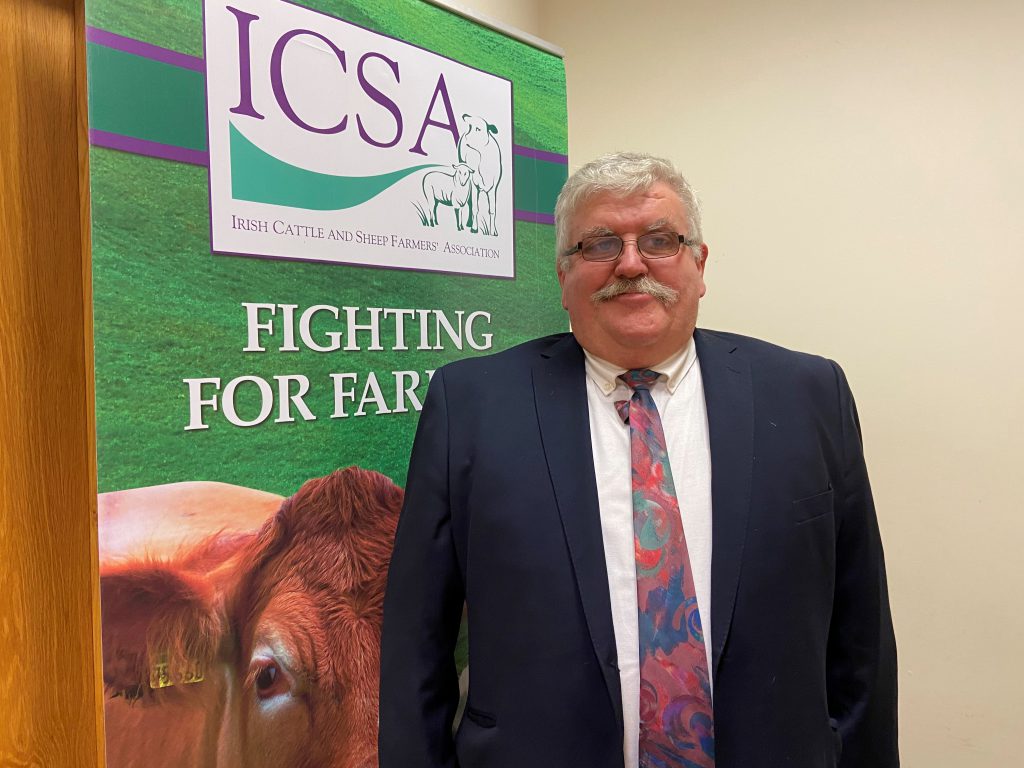The Irish Cattle and Sheep Farmers’ Association (ICSA) is calling for farmer equality in the new Common Agricultural Policy (CAP), with particular emphasis on those who are farming less productive land.
ICSA president, Dermot Kelleher said the association is “extremely concerned at the ongoing failure to treat all farmers equally in terms of land eligibility and conditionality, under the Good Agricultural and Environmental Conditions (GAEC)”.
“Farmers should not be penalised based on the ground they happen to farm,” he said.
The introduction of GAEC 2, which covers peatlands and wetlands is a further retrograde step, according to the ICSA.
Concern
“Instead of helping the environment, it is actively undermining the very farmers we expect to provide environmental public goods,” Kelleher said.
“The key concern I have is that the extra GAEC provisions raise the bar for mandatory conditionality and, therefore, increase the risk that peatland and wetland could be excluded altogether from CAP payments.
“But even if that is not the case, the provision makes it harder for farmers to not only farm, but also to benefit from eco-schemes and from agri-environment schemes.

“This is because, the more excessive the mandatory conditionality, the fewer options are left for payments for voluntary actions.”
GAEC 2 puts farmers on peatlands and wetlands into a special category that disadvantages them compared to other farmers, the ICSA representative added.
Kelleher said that he supported the legal challenge against the Land Parcel Identification Scheme (LPIS) penalties arising in 2013 “precisely because the farmers most extremely affected were those on marginal ground”.
“This legal challenge by a group of disadvantaged farmers has been dragged out because it appears the state is unable to explain why it is fair that farmers should have red lines drawn on maps to exclude land from Pillar I payments even though the emphasis from Brussels is on habitat maintenance and creation in the interests of biodiversity.
“The ICSA will fight to the bitter end to establish the principle that farmers on less productive ground actually need more financial aid. But, they cannot do this if they are made financially unviable,” Kelleher concluded.
